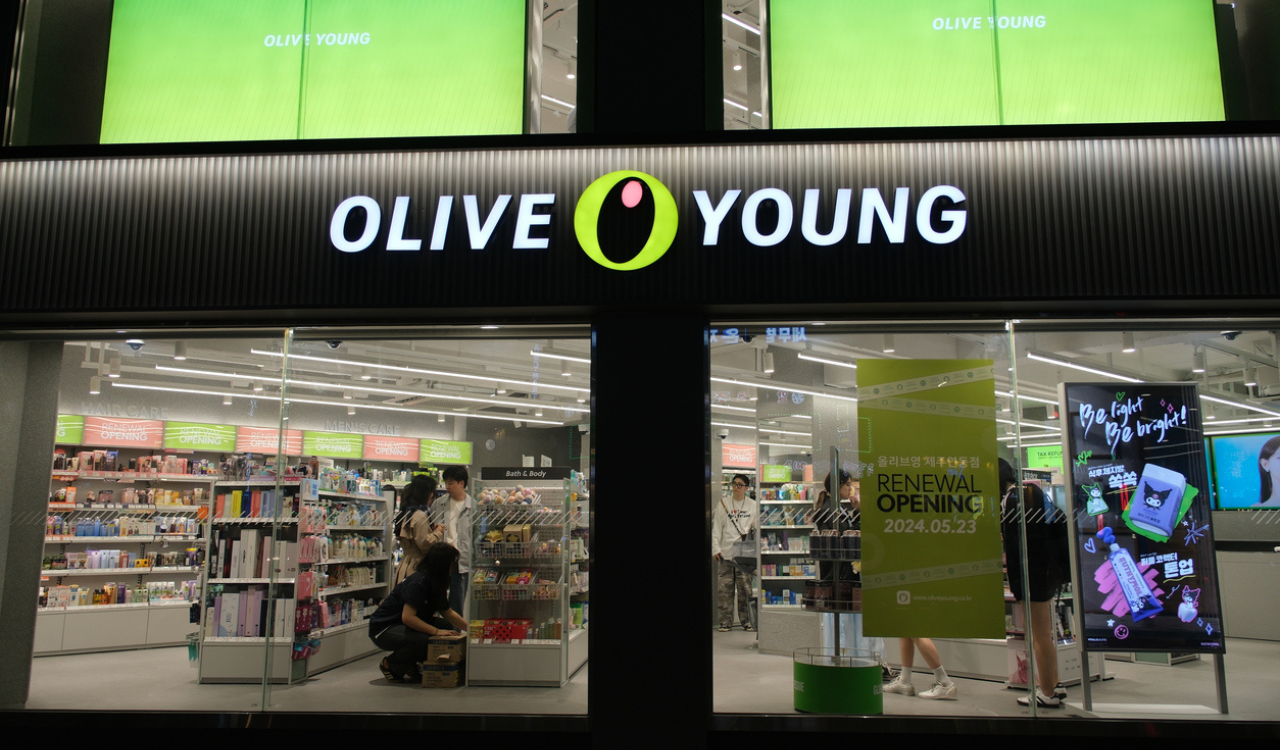What does it take to create revolution? The answer, in part, is the willingness to buck against societal norms in ways that put one’s own comfort at risk. The generations that came before Gen Z weren’t willing to do this, largely because they were taught that conformity was king. To illustrate this, consider that 40 percent of the 1986 Yale graduating class applied to work at the same company — an investment-banking firm called “First Boston.”
But Generation Z is more interested in paving their own life path. Even if it means that, for a while, they will appear to be outliers. In fact, the entire generation seems to have come to the unanimous decision that, to make any lasting change, they’ll need to be villainized by their predecessors for a while.
Gen Z’s affinity for extreme transparency and creating change extends to their wardrobes. Just check out the surge in brands creating clothing with a mental health awareness bent. Luxury retailers are all about donating to mental health awareness in 2022. Even mid-tier brands like JanSport, Nike, Athleta and others are all aboard the mental health bandwagon.
The reason for this could be that they’re being asked to simply accept the violent extinction of the human race within their lifetime. To which their answer is a firm, resounding, “no thank you.”
Human Rights Violations of the Old Retail Guard
We’ve seen how Gen Z is willing to forego the coolness of their predecessors’ go-to brands. As a “geriatric millennial” myself, it’s been fascinating to see how the brands that the cool kids wore in high school –– Abercrombie, Pac Sun, Limited, Hollister –– have struggled to gain a foothold with discerning next-gen consumers. Yes, part of this is due to a lack of diversity in advertising. But retailers have also been bullish about clinging to suppliers using materials with severely nefarious global impacts.
Take Xinjiang Cotton. The Xinjiang region of China produces a fifth of the world’s cotton. The issue is that the Chinese government is allegedly requiring forced labor from Muslims and other minorities in the region.
Last year, the United Kingdom’s Sheffield Hallam University published a study that found that Walmart, H&M, Target, Lululemon, Uniqlo and many others were “in danger of” having cotton from Xinjiang in their finished products. In their defense, it can be hard to identify where exactly this cotton is used. But the U.S. and Canadian governments have taken extensive action to eradicate sourcing products from this region with the Canadian government going so far as to seize products from suppliers that source from Xinjiang.
Don’t Blame Gen Z for Being Discerning
Gen Z just want to be good people. And, the fact is, that the retail industry as a whole has done a lot to alienate their trust. The prior cotton sourcing example is just one of many published human rights violations still taking place in the present-day retail industry. Alongside an extensive list of humanitarian issues, many brands have also been accused of greenwashing –– or putting a spin on their operations to make their companies seem more sustainable than they are in actuality.
Nestle, Coca Cola, H&M, Uniqlo, Starbucks, Ikea, and many other brands that once seemed innocuous have recently been called out for making statements that intentionally give customers the wrong impression. Is it beginning to make sense why 22 percent of Gen Z report that a lack of transparency will reduce their opinion of brands and products?
At this point, Gen Z expects brands to try to get one over on them. That’s why brand transparency needs to start not just at the supply chain, but with manufacturing materials. They want to see every single phase of a retailer’s production process, from product idea inception to the delivery of the final sale, so that they can rest assured that no nefarious practices are being conveniently left out.
Viva la Revolution!
Reports of mental health issues have skyrocketed in recent years. Life expectancy, on the other hand, has significantly decreased. Not due to lack of access to medical coverage, but because of suicide, opioid overdose, and alcoholism. I’ve written about Gen Z’s mental health issues in the past. Here’s a quick update:
- Nearly half of Gen Z (42 percent) have experienced “depression or feelings of hopelessness.”
- Over the past 15 years, antidepressant use has increased in the United States by nearly 65 percent.
- 46 percent of Gen Z and 38 percent of millennials report being “stressed some most of the time.”
- More than 9 in 10 members of Gen Z have experienced physical health issues from stress.
Here’s the caveat –– and I promise you, it’s a good one. An increasing number of studies posit that current mental health issues may be the next generation’s response to late-stage capitalism. Now, nobody reading this article is probably socialism inclined and that’s not what I’m advocating. What I am suggesting, however, is that Gen Z is spearheading a change in the present-day consumerist ideology. Retailers ignore this at their own detriment.
I found this excerpt from a recent study on the negative impact of Neoliberal capitalism on mental health to be particularly pertinent to Gen Z purchasing behavior:
“…people driven more by extrinsic motives, meaning that they mostly do things in order to get something in return, are more likely to have shorter and less meaningful relationships than people who are driven by intrinsic motives, meaning that they do things because they enjoy them.”
Think about this quote within a capitalist framework. Next Gens aren’t purchasing items for status or to flex on their counterparts, they’re spending when they absolutely have to, when it’s enjoyable, and/or when they feel like they’re helping the world at large by doing so.
A Greater Level of Openness, for Good
Gen Z’s affinity for extreme transparency and creating change extends to their wardrobes. Just check out the surge in brands creating clothing with a mental health awareness bent. Luxury retailers are all about donating to mental health awareness in 2022. Even mid-tier brands like JanSport, Nike, Athleta and others are all aboard the mental health bandwagon.
Next-gen consumers are inarguably discerning, but they’re also forgiving and driven by the desire to create impact for the greater good. Through total transparency, quality goods production, and a willingness to speak to causes that matter to next gens, brands and retailers can continue connecting with next gen consumers… whatever may come next.





